UPDATE: Use structs and not classes. Struct is better in many ways has got an initializer of its own.
This is my model class. Is it possible to create the init method automatically? Everytime I have to initialize all the variables one by one and it costs a lot of time.
class Profile {
var id: String
var name: String
var image: String
init(id: String, name: String, image: String) {
self.id = id
self.name = name
self.image = image
}
}
I want self.id = id and other variables to initialize automatically.


